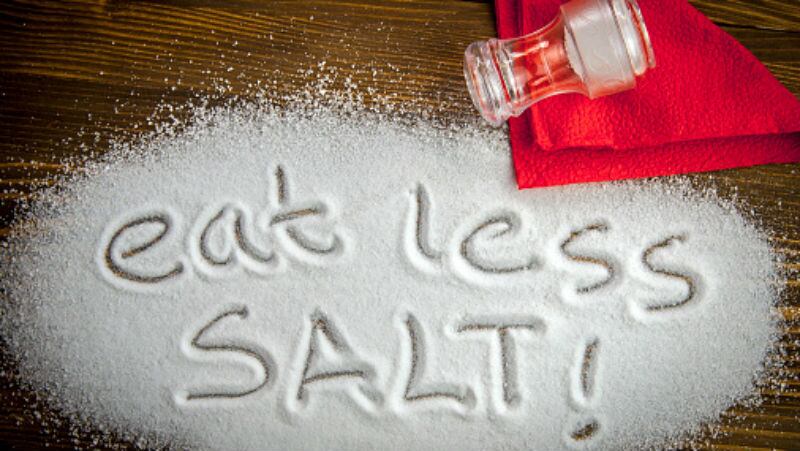The proposal to tax high-salt items was made earlier this year by the DOH following the release of a collaborative COH-World Health Organisation-United Nations report that recommended targeting excessive salt consumption in the country as a cost-effective intervention that would have a ‘significant positive impact on the economy and population health’.
“[Salt reduction] has the best return on investment, costing PHP5bn (US$98.5mn) to implement over the next 15 years but accruing a PHP163.1bn (US$3.21bn) return, due to increased productivity in the work force,” said the DOH via a formal statement on its website.
“The salt reduction package includes policy interventions such as combating misleading marketing, front-of-package labelling on food and salt reduction in community eating spaces. It is estimated that this intervention will save 164,251 lives during a 15-year period.”
In a press conference announcing the report, Health Secretary Francisco Duque III told media that the government was optimistic about this, saying that: “We’ve seen the positive effects on increasing taxes on sin products, the same strategy might work also for excessive consumption of salt.”
“We did the same thing for taxing sugar sweetened beverages. So it might be the most effective way to go,” he told Manila Bulletin.
United Nations Interagency Task Force (UNIATF) External Relations Officer Dr. Alexey Kulikov added that Filipino salt consumption was about double the WHO-recommended, but that public-private co-operation was important in solving the issue effectively.
“There are many approaches to cut on salt and it is quite important that there is a dialogue between the government [and] the private sector, specifically the producers because that is the best way to effectively cut on salt consumption in the country,” he said.
In this case though, the government may find it difficult to gain consensus from the private sector. The Associated Labor Unions-Trade Union Congress of the Philippines (ALU-TUCP) has come forth to voice vehement opposition against the proposal, saying that this would push locals into deeper poverty.
“Workers and the poor informal workers and their families’ affinity to salty food is bound by their inadequate income and lack of alternatives in the market. They cannot afford to buy healthier food choices and food ingredients with their measly income level,” ALU-TUCP National Executive Vice President Gerard Seno said in a statement on the government’s Philippine News Agency.
“With this measure to tax salty food, the government is pushing the poor informal sector workers and their families to fall into deep poverty rather than building ladder to help and empower them.
“[Rather], we strongly recommend government to develop research-and-development-based healthier, cheaper alternatives and options and make these accessible in the market.
“Government should also pick up the slack in its responsibility to conduct massive education and information dissemination informing its citizens about other better alternatives and healthier food and ingredients options.”
Even within the senate, opposition to this proposal has been fervent.
According to PNA, Iloilo Rep. Janette Garin cited that the use of salt was a necessity for some, especially the less economically well-off. For example: “[Many] Filipinos do not have refrigerators in their houses, so essentially, they will buy salted fish to preserve it for the next few days. Salt, used moderately, [also] aids our digestion and excretion.”
“We should not only think of taxes. We should also assess whether taxes collected for health are really making a difference. We have seen the positive effects of increasing sin taxes only in terms of revenue, but what about for the health of our fellow countrymen?” she said.
“Our public health system must not be treated as a political tool but rather as a means to make every Filipino healthy.”
Salt tax elsewhere
Thailand has also been discussing the possible implementation of a salt tax in the country, but this has also been met with doubt, similar to the Philippines.
“Thais consume around [just] 20% or so of their diet from packaged foods, the rest is from home cooking and different types of vendors/food service,” Food Science and Technology Association of Thailand (FoSTAT) Chairman Professor Anadi Nitithamyong told FoodNavigator-Asia previously.
“Salt replacement is a technical challenge [because salt content and application] differs even among products in the same category.
“It is more complicated than the implemented sugar tax in sugar-sweetened beverages [for sure].”


